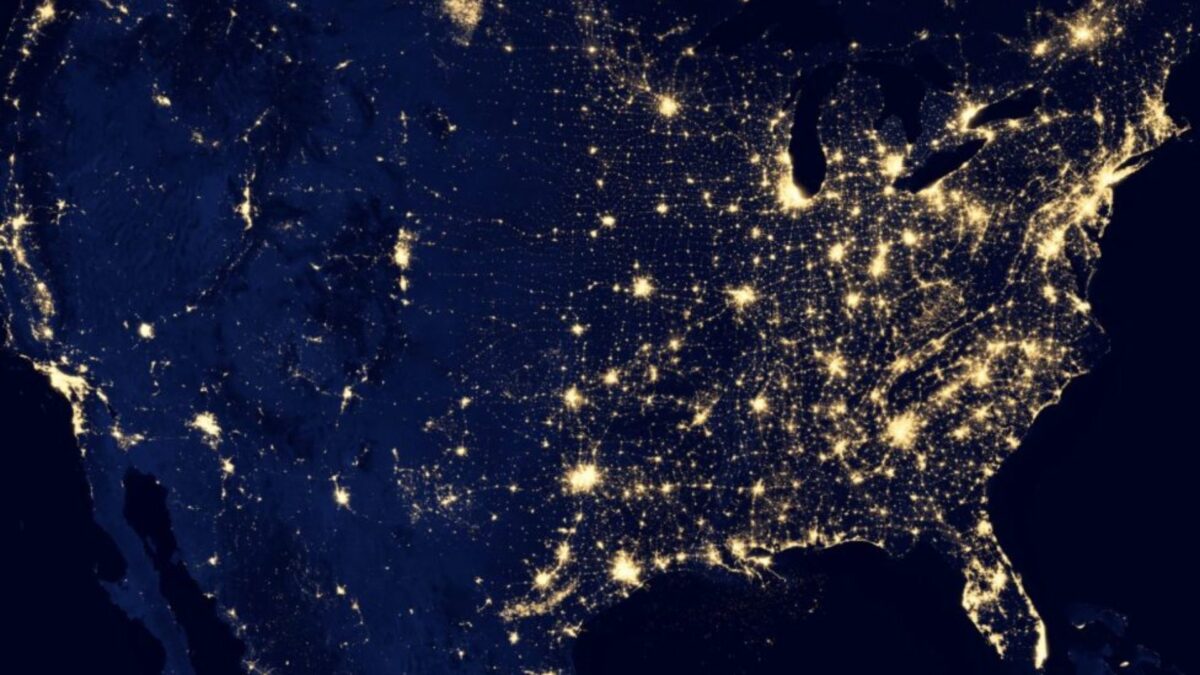The Big Gun in the family
«Taking the side roads has its risks, but it also has its gratifying moments»

NASA | Unsplash
All families have their big gun: in my case I have two, my Swedish uncle and my American one. Some other time I will talk about my Swedish uncle; today it is the American’s turn, He crisscrossed the Asian plains on a motorcycle at the age of eighteen —going from Kabul to Cairo—, took part in the Korean War, and bought thousands of shares in Apple when they were selling at less than ten dollars apiece. «In the Stock Market—he once said to me— the secret is to buy at firesale prices, go to sleep for one or two decades, and wait when you wake up for one of those bets —one or two will do— to have multiplied in value by ten or more». He hit it big with two firms: Apple and a hotel group. I don’t know if it was Marriott or another one. He would tell me these things and I could never stop thinking —I was young and impressionable— that you had to go out and seek your fortune and grab it wherever you found it, exactly as Machiavelli taught us. His father was one of the first CIA agents, that’s why my uncle lived for a while in the Near East.
I like to think that his world is Ambassador Kennan’s world and maybe it is in some way: an anachronism nowadays. He also told me that it was a good idea to look to the sides more than to the centre, because it’s in the corners that things happen and, in any case, you should never trust the obvious but go instead with the hunches that come with experience. Taking the side roads has its risks, but it also has its gratifying moments. I listened to him. Because I was bored my first year at university, I stopped going to class and I began to read, convinced that books know more than professors do. In my second year, I travelled all over the north of Spain by myself and on foot. In my fourth year I went to live with my American uncle, who had taken a year off in sabbatical, and spent the mornings composing a Broadway musical that was never debuted. Since he hardly even know the scales, he hired a Russian exile, a woman who had once been a music teacher in some Russian conservatory, and he whistled melodies to her so that she could write a score and arrange the tunes for an orchestra, while her niece and I devoted ourselves to being young. One day we went to get our hair cut by a retired Italian who worked from out of his home and did unisex haircuts. A local legend had it that as a boy he had known Thomas Alva Edison and had been Paul Auster’s hairstylist when Auster wasn’t Paul Auster yet and just a kid from New Jersey. He spoke wonderful Spanish, which he had learned reading Alejandro Casona’s plays. At least, that is what he told us and I had to believe him because an eighty-year-old hairdresser is not going to make that kind of stuff up. And if I talk about these things now it is to attest officially to the world I once knew, as unreal as it may seem. That, too, forms part of «the sweetness of life» that Jorge San Miguel brought up a while ago. I’ll leave that for now.
Last week I spoke with my uncle on FaceTime and I asked him about the American elections. He replied that he didn’t expect anything from anyone. «I have voted in eleven presidential elections; three times I voted for the Democrats, four times for the Republicans, and four times for independent candidates, but now I don´t have the stomach to vote for any of them. I’ve never been very good at picking a candidate. I supported Carter and Obama enthusiastically and I was off the mark with them. I voted against Reagan and he has been the best president since Eisenhower. A fine mess! A good candidate does not necessarily turn out to be a good president and the other way around. The only thing for sure is that the principles and values that have held our country together through good times and bad are very damaged».
We left politics to one side and began to talk about the future —meeting next summer in Bordeaux—and then the past. We talked about the thousands of trees he has planted in his home in the Appalachians and the rattlesnakes that plague those woods. We talked about Ezio Pinza and of South Pacific. We talked about one night by the lake, when I spoke to him for the first time in fluent English; the light from the stars was so intense that it seemed to pour out over our heads. We talked about all that and then, when we were saying goodbye, he said: «You were lucky to have known the good side of America. It still exists and I can still see it every day before my eyes, but it’s disappearing, We shall see what the future holds». In effect, we shall see.
